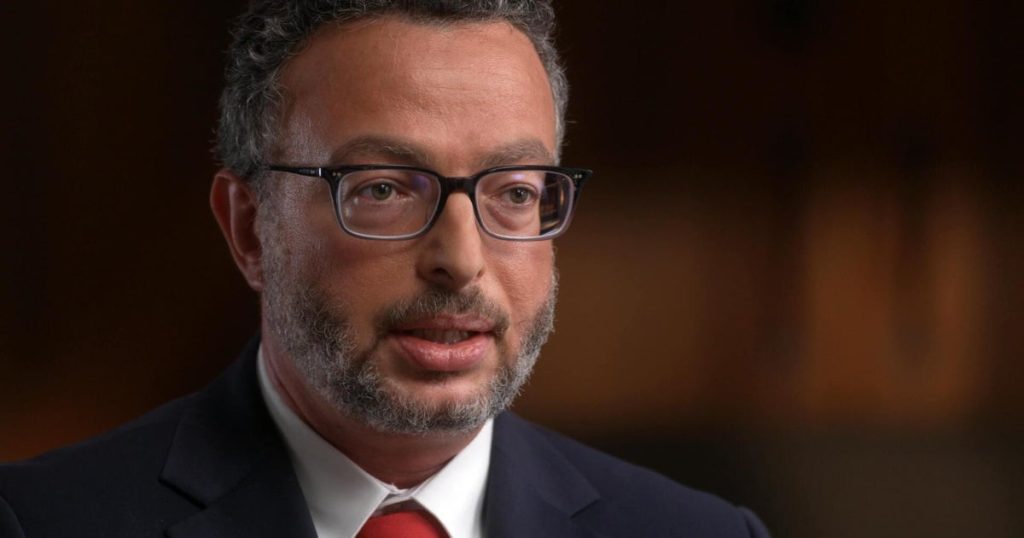The Downfall of Erez Reuveni: A DOJ Attorney’s Stand for Justice
Erez Reuveni appeared to be on a promising career trajectory within the Department of Justice, having effectively defended President Trump’s immigration policies during his first term. His success led to a swift promotion in Trump’s second term. However, Reuveni’s 15-year tenure at the Justice Department took an unexpected turn when he claims to have witnessed government lawyers misleading the court and disregarding a judge’s orders. His allegations have sparked significant concern in courtrooms nationwide. The administration has labeled him a “leaker” seeking attention, yet Reuveni asserts that his decision to speak out has cost him dearly.
A Commitment to Public Service
Before attending law school, Reuveni had a clear vision of his legal career: engaging in public service. He believed the Department of Justice was the ideal setting for young attorneys to represent the United States in court—something rarely offered at law firms.
Rapid Ascension and Challenges
Starting in 2010 as a career attorney specializing in immigration law, Reuveni defended high-profile cases, including the contentious travel ban against individuals from certain Muslim nations. His abilities did not go unnoticed, earning him three awards for his contributions and a promotion to deputy director of the immigration section by the start of Trump’s second term.
A Fateful Meeting
The day of his promotion, March 14th, brought about a critical meeting with Emil Bove, a high-ranking official in the DOJ. During this meeting, Bove announced the president’s intent to invoke the Alien Enemies Act—a World War-era law allowing expedited expulsion of enemy nationals. Reuveni and his colleagues were informed that flights to deport Venezuelans, labeled as terrorists, would proceed regardless of any judicial restrictions.
Ethical Violations in Court
The day after the meeting, during a court hearing, government attorney Drew Ensign claimed he was unaware of the scheduled flights, despite being present in the previous meeting. Reuveni described this moment as shocking, asserting it was a severe ethical breach for an attorney to intentionally mislead the court.
Refusal to Compromise Integrity
After being pressured to argue that an erroneously deported individual, Kilmar Abrego Garcia, was a terrorist, Reuveni refused to endorse the misleading statement, citing ethical and factual inaccuracies. His steadfastness led to his termination, but he later filed a whistleblower disclosure to shine light on systemic issues within the DOJ.
Legal and Ethical Implications
Ryan Goodman, a law professor, noted that judges have repeatedly expressed frustrations over the DOJ’s misleading information in numerous cases. Despite the administration’s narrative, both Democratic and Republican judges have criticized the DOJ’s conduct, emphasizing the need for due process and the rights of individuals, especially immigrants.
Ultimately, the Supreme Court ruled that deported prisoners were entitled to legal hearings, reaffirming the significance of upholding the rule of law. As Reuveni reflects on his actions, he remains committed to his oath to defend the Constitution, believing that raising awareness about the current state of the DOJ is essential.



